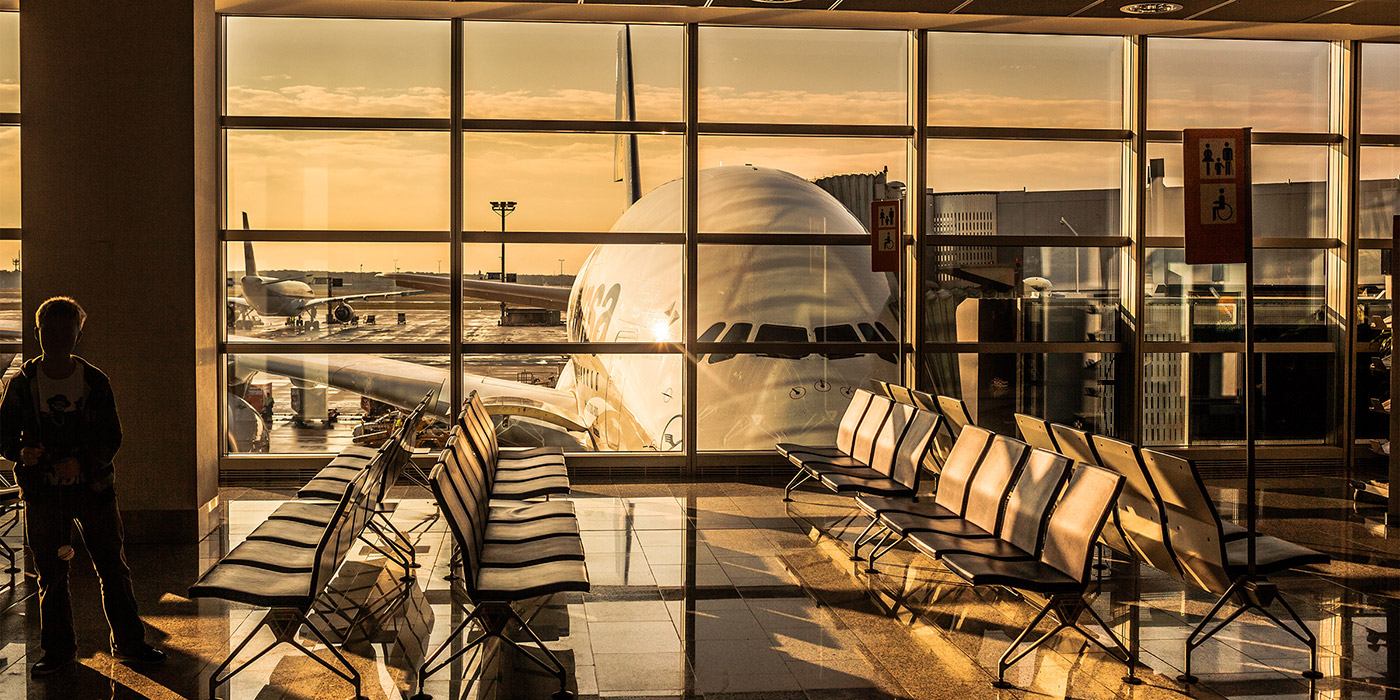When I tell people that I don’t plan my trips, they usually don’t believe me. And when I think about it, perhaps they’re right.
Vagabondish is reader-supported. When you buy through links on our site, we may earn a small affiliate commission. Read our disclosure.
In fact, long term travelers like me actually have lots of plans, but they’re not the concrete itinerary that most people think is what constitutes a plan. Being spontaneous and free with where you go, what you see, and when, is great, but you often need some broad brush strokes of ideas to actually get you there.
So while for me, the most worthwhile kind of travel doesn’t involve booking too many plane and train tickets or reserving accommodation ahead of time, there is still a bit of planning involved. If you’re leaning towards an unstructured, follow-your-nose kind of trip then here are the steps I recommend you do actually plan before you go.
#1: Plan Who You’re Going to Go With
This should be the easy part, and a lot of the time the answer just comes naturally out of your decision to travel. For example, your partner really wants to travel too, and you decide to tackle the wide blue yonder together.
However, if nobody around you wants to go traveling with you, then you do need to think about whether you can handle traveling alone. I’ve already said that traveling solo has a lot of advantages, although personally I prefer to travel more often with my husband, and I’m lucky that he’s as interested in traveling as I am.
But there are down sides to traveling on your own — greater potential for loneliness for one — and you may want to look into finding a travel buddy. On the other hand, if you’re the spontaneous type, you might be happy to head off and trust that you’ll meet up with some like-minded people. That’s pretty easy to do on the road.
#2: Plan How Long You’ll Be Away
Again, this kind of planning decision is often dictated by your circumstances. If you’re in between college semesters or using your annual vacation time, you know the maximum time you can be away.
On the other hand, you might be at a stage in life where you can travel for longer. For example if you’re a gap year traveler or if you’re at a stage where you’re prepared to quit your job, pack up and/or get rid of all your belongings and not have a planned date of return; maybe you’ll stay away a year, but if you like it, it might be longer. For me, one year turned into six.
In any case, planning the length of your trip, whether it be one month or indefinite, helps you decide what to do with your “real life” back home while you’re gone, so it’s an important plan to have.
#3: Plan Enough to Know What Your First Plane Route Should Be
Presumably you have at least a vague idea of the country or continent you’d like to visit, and whether you want to keep on traveling to other places once you’ve been there. If you have a few key destinations in mind, you might find that a round the world ticket makes sense. These days, they’re making less and less sense for long(er) term travelers, because you can get more flexibility by buying as you go, and doing so is not as prohibitively expensive as it used to be.
So if you’re not sure where you’re headed then just go sector by sector. There are budget airlines in most parts of the world these days and as long as you’re flexible with timing and exact destinations, you can pretty much get anywhere you want without breaking the bank.
Planning a departure date from home is pretty important though, so you have a date when you’ll move out of where you’re living or you can tell your boss when your final day of work will be. Without exception, I’ve always had the first plane or train segment booked ahead for every trip I’ve made.

A Fork in the Snow, Yellowknife © Northern Xander
#4: Plan How You’re Going to Pay for This Trip
Keeping in mind how long you think you’ll be away, you also need some kind of a plan for how you’re going to pay for this trip. I have to confess that making a pre-trip budget is the weakest part of my travel arsenal; in fact, I don’t think I’ve ever done this. This is not because I have oodles of money (I promise I don’t) but because I just figure out the vaguest idea of the most expensive parts, like airfares, and then just go with the flow on the rest.
Because I tend to travel on the cheap, I’ve usually been able to cover my trip with recent savings while working on the road as a teacher. A couple of times I’ve used a credit card for the odd hostel or plane ticket (but I always pay it back with my next paycheck. I’m not encouraging you to go out and travel on credit, okay?).
Bottom line: you need to plan where the money’s going to come from. Either you’ve been smart enough to save some already, or you need to start saving now (and this might affect how soon you can go). Or you might be planning to travel longer term and you can sell off some of your possessions, like your car, and use some of this cash to help finance your trips.
And finally, you might be planning to work while you’re away, like I did. In fact, I didn’t leave Australia until I had a job lined up in Japan, and never moved on to the next country until I had another job waiting, even if it was a few months away. That meant that I could work a bit and save a bit (and still take small trips while I was working), then travel for a few months before settling down to work a bit more.
#5: Plan Some Places You’d Like to Go, and Get Reading or Surfing
Spontaneous travel doesn’t mean uninformed travel. I’ve met backpackers who thought it was cool to not know anything about where they were going and to not really know where they were. Sorry, but to me their trips started to look like long beer-fests punctuated by cheap hostels where the staff spoke different languages.
I think it’s important to learn about the places you want to visit. That doesn’t mean you have to know the opening hours of every museum or get a comparison of every hostel before you arrive. But get a feel for the place, what’s important to the people there and what might be significant and meaningful places for you to visit there.
Grab your favorite guide book or get online, and read. Read critically — you can’t always trust anything you read about travel — and get a cross-section of opinions about what’s interesting or worthwhile where you’re headed.
#6: Stop Planning and Go!
Okay, enough with all this planning. We want to travel free and spontaneously! So just go. The rest of the planning will take place along the way. It might be based on info and tips you get from other travelers or new ideas you come up with along the way. Maybe it’ll depend on whether you like the teaching job you land in Korea or whether or not you can get some bar work in Glasgow. Whatever! Flexible is definitely good here. The joy of not planning is you never really know what exciting adventures await you.
Are you an obsessive planner before you travel or are you happy to get the broad idea mapped out and then hit the road? Share your preferred style in the comments below!



